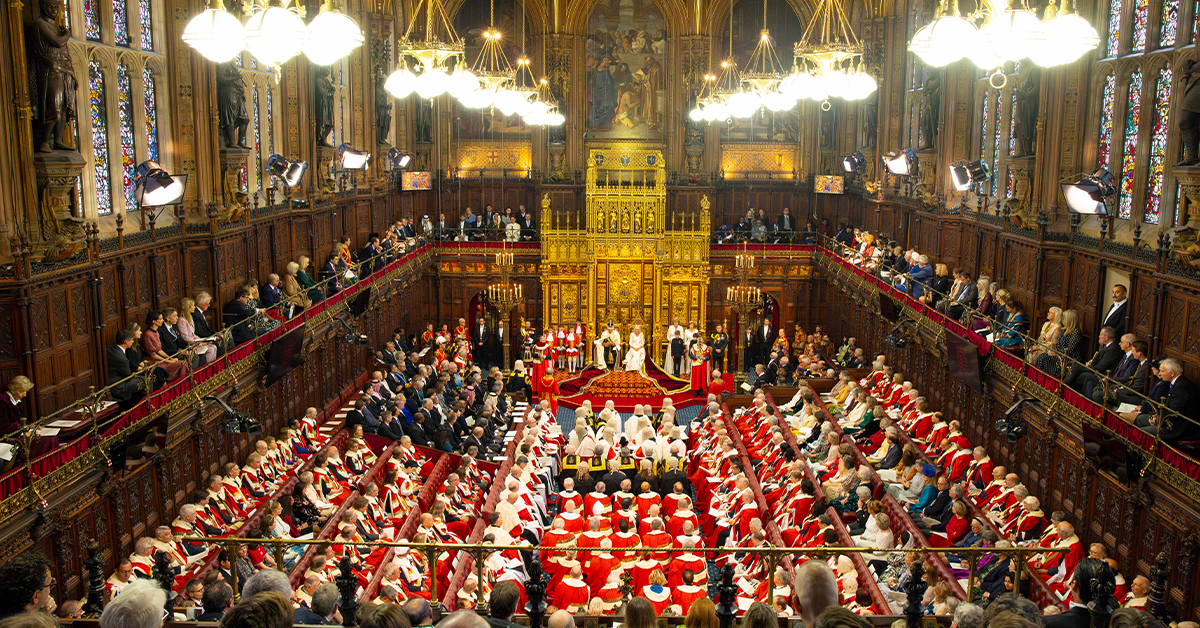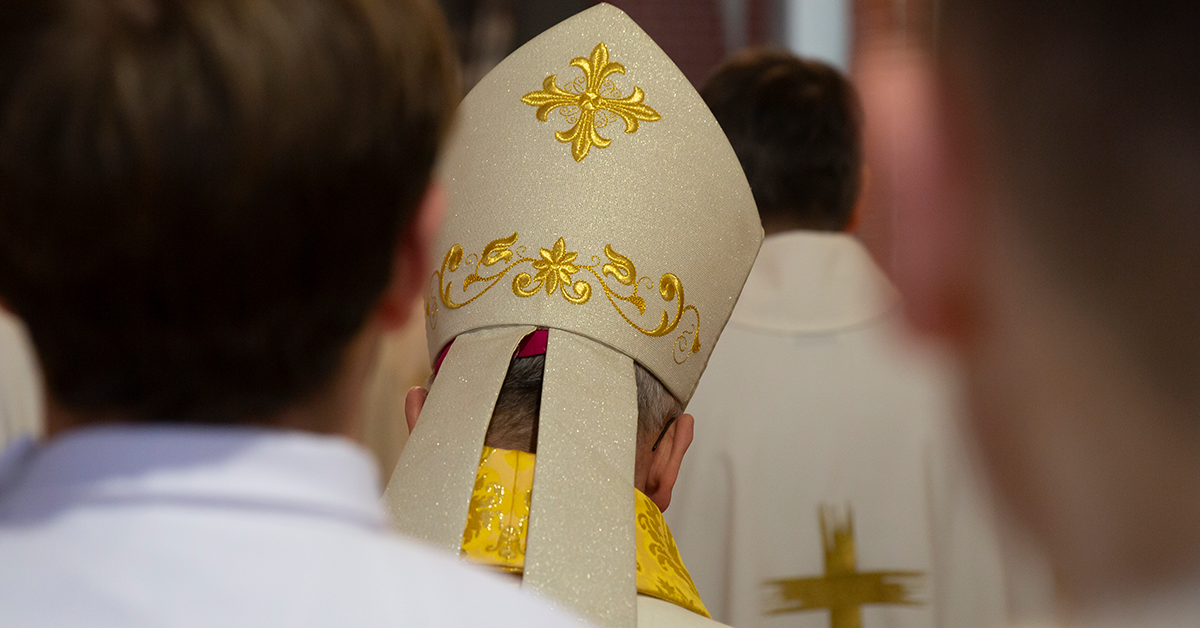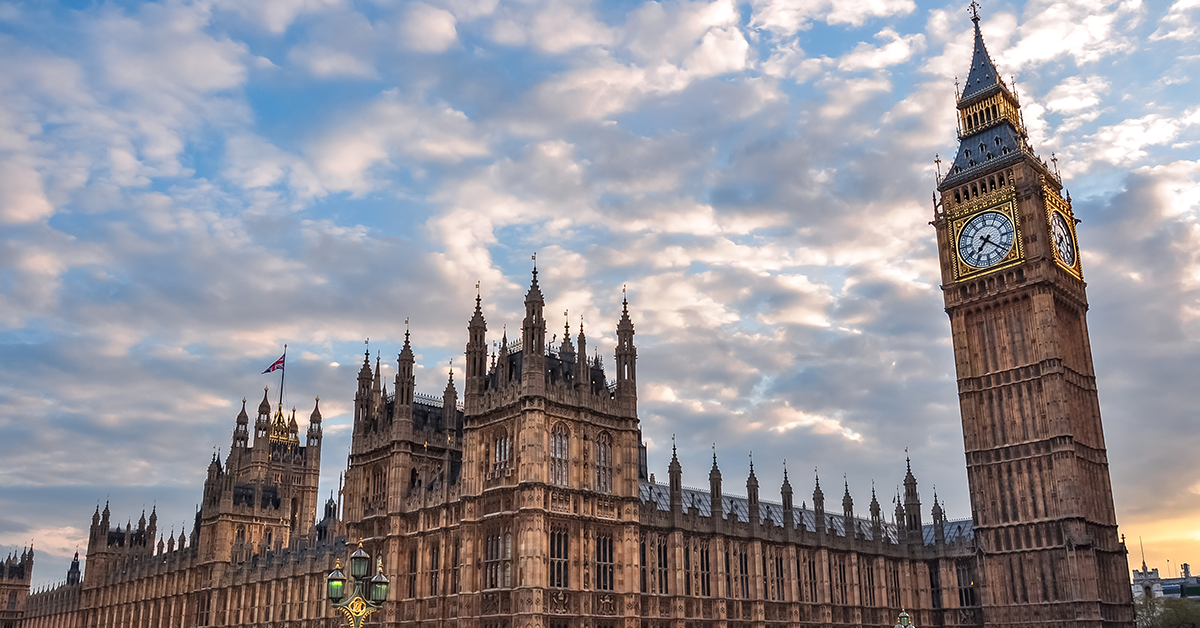
The King has delivered his first speech setting out the legislative agenda of the new Labour Government, and there is much that is relevant for non-religious people – including much to welcome. That includes shutting illegal schools, banning conversion therapy, reforming Parliament, and more. However there are some things we would like to see where we hope the Government will go further than what it has now announced. Let’s get into it.
Education reforms

The most significant package of reforms are around education. That includes legislation to ‘regulate and inspect unregistered independent schools’ – so-called ‘illegal faith schools’ are completely unregulated and unsafe settings that are able to operate due to loopholes in the law. Children are sometimes just taught to recite religious texts all day long, and are vulnerable to sexual abuse. The previous Government had very good legislation to close such settings down, in the 2022 Schools Bill, but abandoned it for unrelated reasons. We hope that this announcement is simply a revival of that legislation, which Labour supported then and since.
The Bill will also introduce compulsory local authority registers of children not in school, tackling the sister problem of the lack of any regulation at all of homeschooling. Again these provisions were in the Schools Bill and it is good to see them revived.
The Government has also announced a ‘review of curriculum and assessment’ which will be followed by requiring academies to teach the national curriculum. This is welcome as it will raise standards. We hope that the review will cover making RE inclusive of humanism, as has already happened in Wales. It’s unclear whether the reforms include looking at collective worship and school assemblies.
And the Government has announced it will ‘require all schools to cooperate with the local authority on school admissions…. by giving local authorities greater powers to… ensure admissions decisions account for the needs for communities.’ This is welcome as it should tackle the excesses of faith-based admissions policies.
Conversion therapy ban

As trailed, the Government has announced it will ban conversion practices. It announced it will publish a draft bill which will presumably then be consulted upon. Twice before did Conservative Governments announce a bill (not a draft bill) in Queen’s Speeches to do just this. But neither time did a bill then appear. Labour has been steadfast in its support for a ban so although only a draft bill has been announced, we are optimistic that it will actually appear this time.
Lords reform

In the speech the King announced a new law to remove hereditary peers from the House of Lords. Although this is welcome, there was nothing on removing the 26 bishops that sit as of right. And more than that, the full briefing notes published alongside the speech include a Bill not mentioned at all – the ‘Lords Spiritual (Women) Act 2015 (Extension) Bill’, which will extend provisions, otherwise due to expire next year, that prioritise the admission of women bishops to the Lords over male bishops. Does this mean the bishops aren’t going anywhere?
On removing the hereditary peers, the briefing does say ‘This will be the first step in wider reform to the second chamber.’ So removing the bishops may be coming. But the Lords Spiritual Bill sends a worrying message. We hope their presence will end sooner rather than later.
Commons reform

The King’s Speech announced that ‘The Government will propose a modernisation committee of the House of Commons which will be tasked with driving up standards, improving work practices and reforming procedures.’
This is welcome as Commons procedures are very archaic when it comes to religion. Each day starts with prayers. We would rather a time for reflection that revolves around different beliefs. Those who attend prayers get priority seating for subsequent debates, meaning those unwilling to do so lose out. This is a clear democratic issue that needs tackling. And although there is an Anglican chaplain, there is no chaplaincy or pastoral care for those of other beliefs. We hope all of this can be looked at.
Violence against women and girls

The King also announced that ‘My Government will bring forward plans to halve violence against women and girls.’ This will be done through the Crime and Policing Bill which will ‘provide a stronger, specialist response to violence against women and girls. Making sure the police have the capability to respond robustly to domestic abuse, rape and other sexual offences, and strengthen the law to improve the police response to spiking.’ We are very longstanding members of the End Violence Against Women coalition and welcome these plans.
What’s missing?
There’s nothing in the King’s Speech or accompanying briefings about humanist marriages. Coincidentally, today marks 11 years since Parliament created the new category of marriages ‘according to the usages of belief organisations’ in order to allow for their legal recognition in England and Wales. But successive Conservative Governments failed to enact this. We are now pressing the new Government to do so. This could happen in spite of the lack of announcement today – since it doesn’t require a Bill it could occur even though it wasn’t mentioned.
There also wasn’t anything on assisted dying or abortion but this isn’t surprising as these are conscience matters and so any impetus for reform will come from backbench bills and amendments.
Summary
All in all then – much to welcome, particularly on education and conversion therapy. But more needed on Lords reform and we do hope legal recognition of humanist marriages will happen soon.
Notes
For further comment or information, media should contact Humanists UK Director of Public Affairs and Policy Richy Thompson at press@humanists.uk or phone 0203 675 0959.
Read the King’s Speech background notes.
Humanists UK is the national charity working on behalf of non-religious people. Powered by over 120,000 members and supporters, we advance free thinking and promote humanism to create a tolerant society where rational thinking and kindness prevail. We provide ceremonies, pastoral care, education, and support services benefitting over a million people every year and our campaigns advance humanist thinking on ethical issues, human rights, and equal treatment for all.
